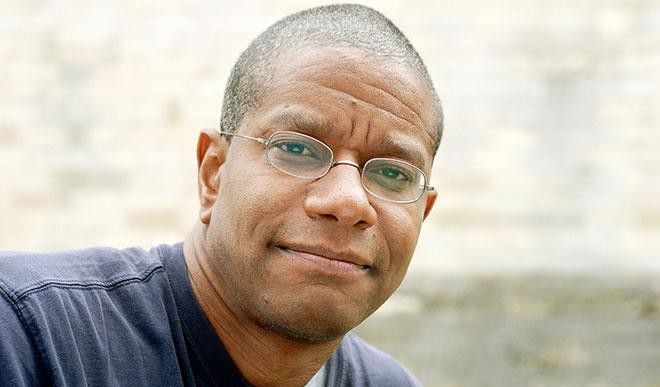‘Man Booker prize longlist is a disappointment for diversity’
There have been hopeful signs that UK publishing is seeking to embrace BAME writers, but that is not yet reflected in the selections for 2016’s award. For the last few months I’ve been watching the discussions about the alarming whiteness of the publishing industry and hoping that things were starting to change. Penguin Random House […]


There have been hopeful signs that UK publishing is seeking to embrace BAME writers, but that is not yet reflected in the selections for 2016’s award.
For the last few months I’ve been watching the discussions about the alarming whiteness of the publishing industry and hoping that things were starting to change. Penguin Random House has launched a drive to recruit more diverse candidates; HarperCollins has piloted a BAME traineeship and Sunny Singh, Nikesh Shukla and Media Diversified have started up the Jhalak book prize for black and minority ethnic writers in the UK. Just this week, Penguin Random House has announced another scheme to mentor emerging writers of colour in the UK. It seemed as if the entire industry was finally paying attention to a problem that has existed for decades, and was working, slowly but surely, to address it.
So this year’s Man Booker prize longlist comes as a major disappointment. Only three writers on the 13-strong list were people of colour: Madeleine Thien, Paul Beatty and Ottessa Moshfegh. The fact that all three of them are based in North America is a further disappointment, confirming the fears of many that allowing entries from the US would sideline BAME writers from the UK.
Perhaps it shouldn’t be a surprise – the Booker has never been a champion of diversity. But after four of the six writers of colour on last year’s longlist made it through to the shortlist and one of them – Marlon James – was the eventual winner, people might have expected more. In fact, 2015 now feels like an anomaly. Since its inception in 1969, only eight writers of colour have won the Booker. Of those eight, only two were black writers, Marlon James for A Brief History of Seven Killings and Ben Okri for The Famished Road.
A black woman has yet to win the Booker. A Guardian study found that between 1969-2012, 99% of the judges for the Man Booker were white.
An award like the Booker offers a writer sales, name recognition and a platform. And if publishers aren’t putting Britain’s multicultural talent forward for major prizes, then they’re doing these writers a huge disservice.
A list that is three-quarters white is unfair not only to the writers it ignores but to the rest of us as well. It seems that more work is needed to create an environment where writers of colour are not silenced, but celebrated in the same way as their white counterparts.
Stories culled from theGuardian.com
